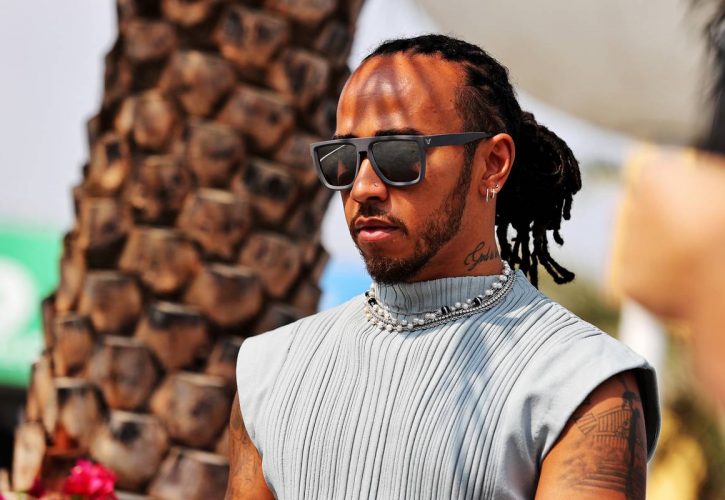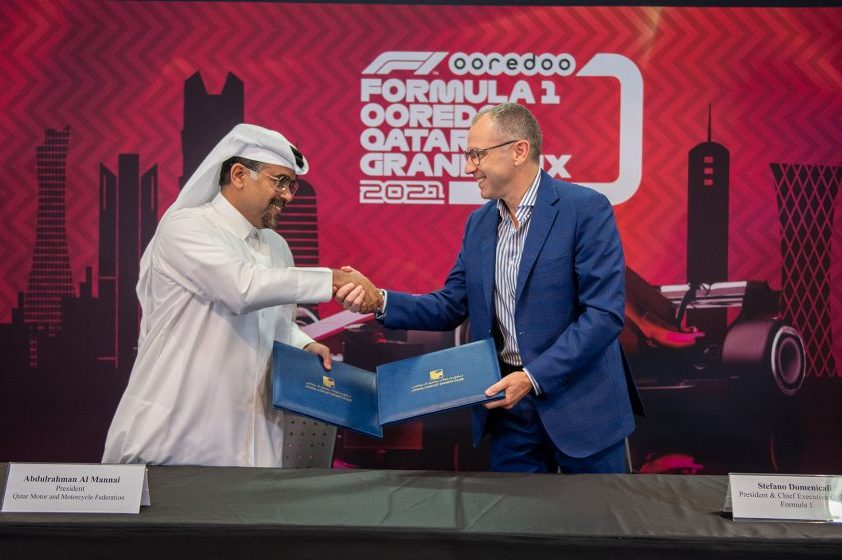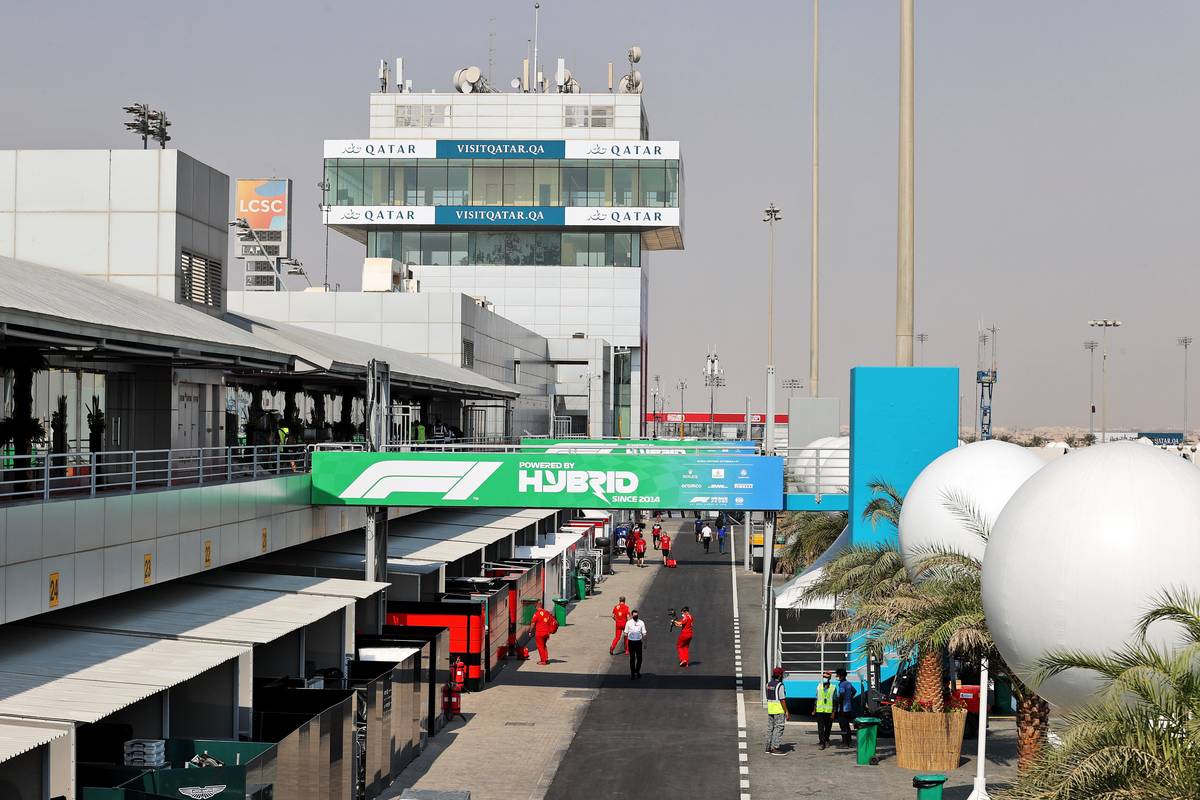
Lewis Hamilton says Formula 1 is "duty bound" to raise awareness for human right issues in countries such as Qatar.
The peninsular Arab country's nomination in September as an F1 venue in the wake of several event cancelations due to the Covid pandemic, and the subsequent ten-year contract it has signed with the sport, came as a surprise.
But F1's increased presence in the Middle-East, with Qatar joining Bahrain, Saudi Arabia and Abu Dhabi, is being denounced by various international organizations who believe that the sport's endeavors in the region only serve to sustain a relentless policy of sports washing, or the use of a sporting event to build a country's image and cover up human rights abuses.
However, F1 chief executive Stefano Domenicali believes that F1's presence in the Gulf states can help drive human rights progress in the region, insisting that "shutting off" countries such as Qatar or Saudi Arabia would have a negative effect.
"Such an important change cannot happen overnight," said Domenicali earlier this week. "It is a cultural change that will take time.
"But the timing will be accelerated by the fact big events are there. And Formula 1 will play an important role in that respect."

©Formula1
However, Hamilton insists that human rights concerns can't be swept under the tarmac during F1's residency in Qatar or elsewhere in the Middle East, and that scrutiny must be increased when the sport's own spotlight is shined on the region.
"Ultimately, us as drivers, it’s not our choice where we get to go and race," said the Mercedes on Thursday in Qatar.
"I do feel that we’re aware there are issues in these places that we’re going to, as there are around the world, but of course it seems to be deemed as one of the worst in this part of the world.
"I do think as the sports go to these places, they are duty bound to raise awareness for these issues.
"And these places need scrutiny, it needs the media to speak about these things. Equal rights is a serious issue.
"However, I’m aware that in this place they are trying to make steps and it can’t change overnight.
"I heard there are things like there’s new reform with the kafala system that was in place.
"But still, there’s a long way to go. I just feel that if we are coming to these places, we need to be raising the profile of the situation."

Hamilton is by far the most outspoken F1 personality on sensitive topics such human rights concerns. But the seven-time world champion wishes more of his colleagues or more sports personalities would step up to the plate and voice an educated view.
"One person can only make a small difference but together, collectively we can have a bigger impact," he added.
"Do I wish more sportsmen and women spoke out on these issues? Yes. It’s education. It takes time to go out and learn about regions that are foreign to us.
"We’re not from these areas, it’s complex on the ground in these places with religion.
"What’s important is we still try to bring awareness to some of these problems. While there have been changes made over time, it’s never enough.
"I have been to a lot of these countries and have been ignorant, been unconscious of some of the problems in some of the places.
"It’s down to whether you decide to educate yourself and hold the sport more accountable and make sure the sport is actually doing something about it when it goes to those places.
"That’s why I’ve tried to raise my voice. But there are far brighter people that are knowledgeable on these issues that are actually trying to fight them in the background.
"But I still think we can bring a spotlight to it and create that scrutiny and that pressure that can hopefully create change."
Gallery: The beautiful wives and girlfriends of F1 drivers
Keep up to date with all the F1 news via Facebook and Twitter






